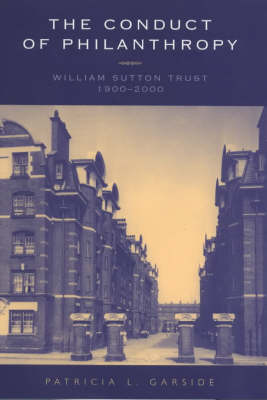Ernst Schering Foundation Symposium Proceedings / Schering Foundation Symposium Proceedings Supplements
1 total work
Vol 26
This work reassesses the p[lace of charity in 20th century English housing through a detailed case study. It presents an analysis of the William Sutton Trust, a philanthropic housing agency founded in 1900 and the wealthiest most ambitious housing trust of the age. The "failure" of philanthropy in the 20th century has often been attributed to its narrow financial base and its parochial outlook. The William Sutton Trust, by contrast, was a formidable, well-endowed and professional philanthropic body. It was not, however, regarded as an exemplar. rather, its size and scope were [resented as a threat to social and political stability and to the proper conduct of philanthropy. The book shows how central governments used a variety of legal and political devices to ensure that the Test's independence was restricted and inverted. The construction of relations between central and local government and the options for the voluntary sector are central themes of the book. Equally important, however, is the consideration of the impact if the Trust's own activities and especially the degree to which it achieved, its original aim of housing "the poor".
The Trust's contribution of the relief of poverty and to the equality of life of its tenants is analyzed in depth.
The Trust's contribution of the relief of poverty and to the equality of life of its tenants is analyzed in depth.
